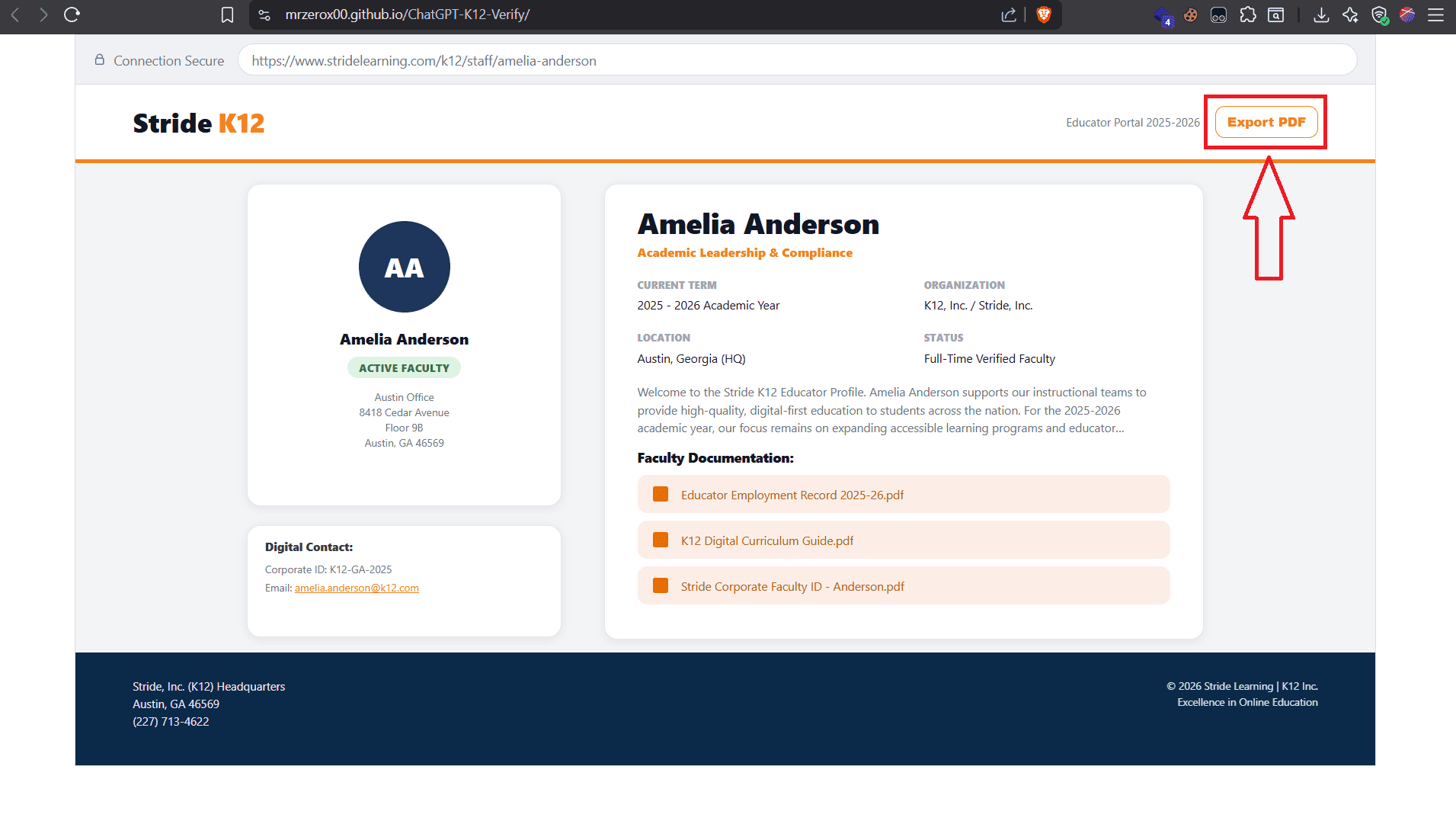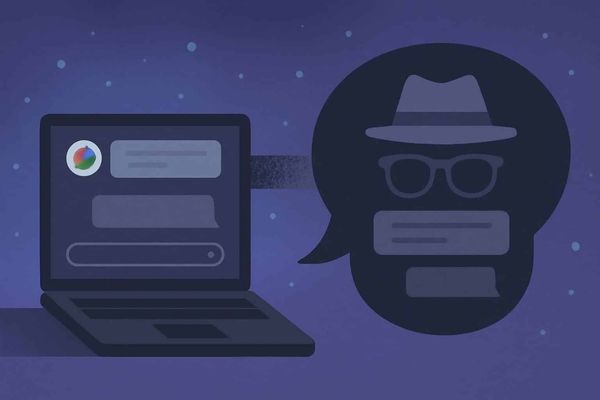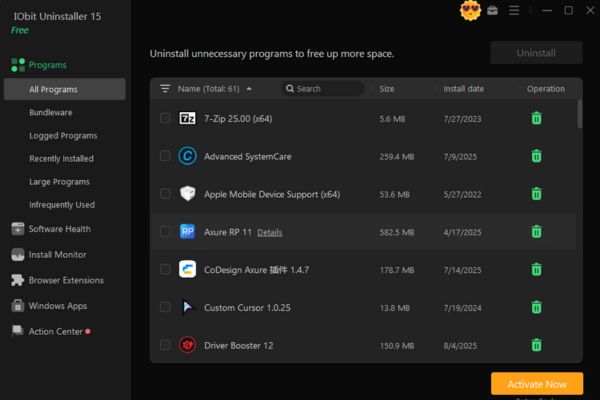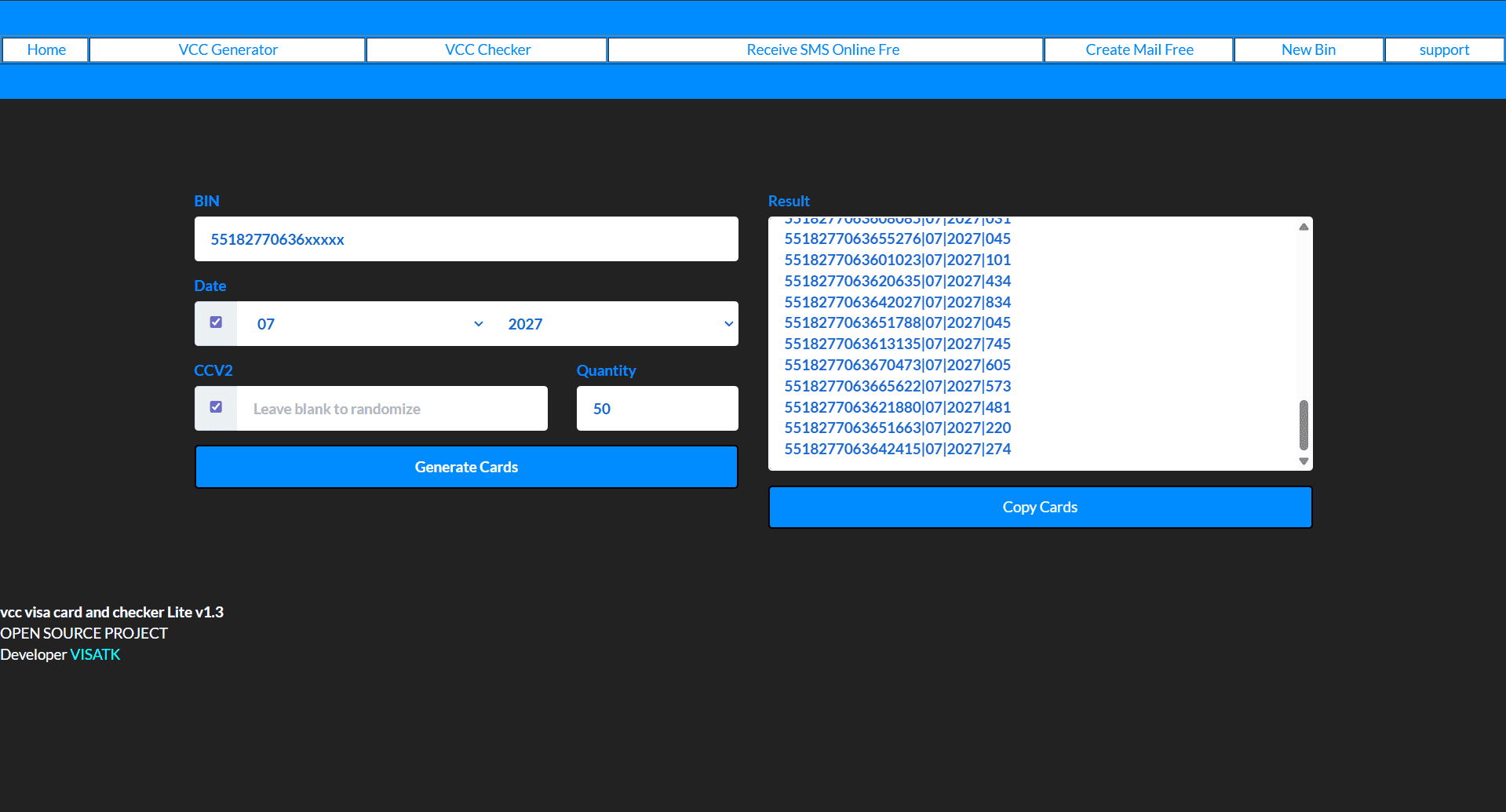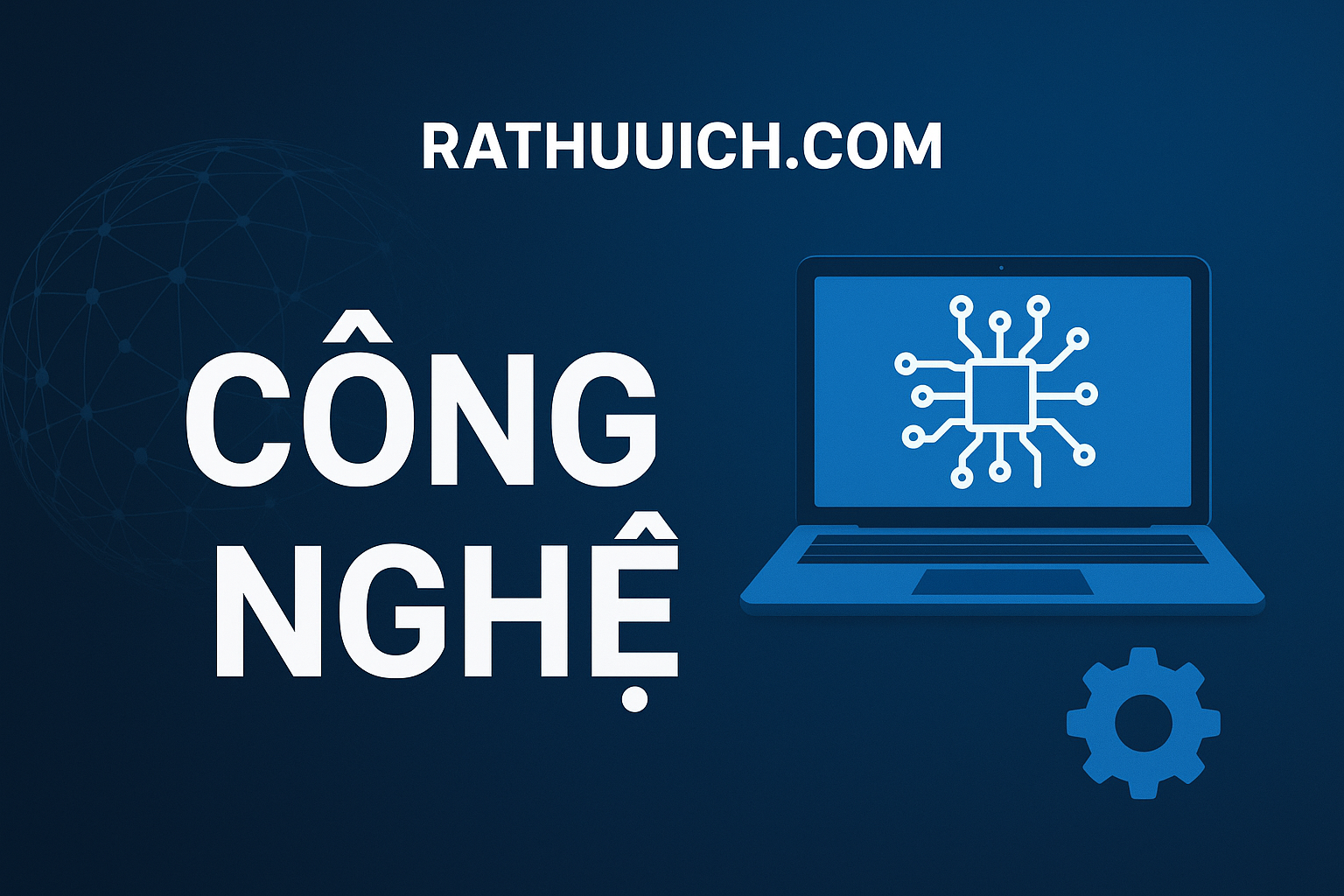Tin Xu Hướng
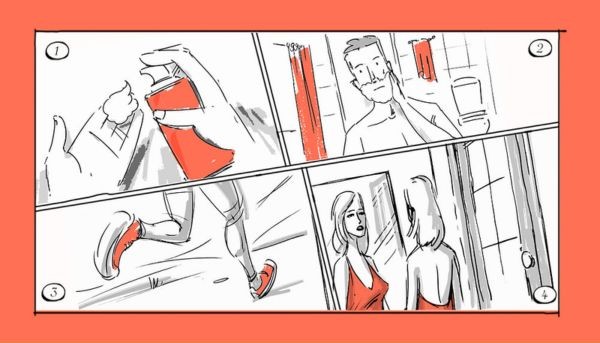
Top 7+ công cụ tạo storyboard bằng AI tốt nhất, đáng để thử
Công cụ tạo storyboard bằng trí tuệ nhân tạo đang mở ra một kỷ nguyên mới cho ngành sáng tạo nội dung. Thay vì loay hoay với những bản vẽ tay tốn thời gian, giờ đây bạn có thể trực quan hóa mọi ý tưởng phức tạp thành một kịch bản phân cảnh chuyên nghiệp chỉ với vài cú nhấp chuột. Tại sao bạn nên sử dụng công cụ tạo storyboard? Việc tích hợp AI vào quy trình sáng tạo không chỉ là xu hướng mà còn mang lại những lợi ích vượt trội, giúp bạn làm việc hiệu quả hơn. AI có thể hoàn thành một stor...
Đọc thêm
Hướng dẫn nhận Perplexity Education Pro 1 năm miễn phí
Perplexity AI đang ngày càng trở thành công cụ tìm kiếm và nghiên cứu được yêu thích bởi sinh viên và học sinh trên toàn thế giới. Với khả năng tổng hợp thông tin nhanh chóng và trích dẫn nguồn minh bạch, Perplexity Pro mang đến trải nghiệm vượt trội so với phiên bản miễn phí. Điều đặc biệt là sinh viên và học sinh có thể nhận miễn phí 12 tháng Perplexity Education Pro trị giá 200USD. Trong bài này mình sẽ hướng dẫn từng bước để bạn có thể bắt đầu dùng ngay trong hôm nay. Những Gì Bạn Nhận...
Đọc thêm
Cách Thi Chứng Chỉ Bảo Mật “Certified Phishing Prevention Specialist” (CPPS) Miễn Phí 100%
Hiện nay, các cuộc tấn công lừa đảo (Phishing) ngày càng tinh vi. Việc trang bị kiến thức để bảo vệ bản thân và tổ chức là vô cùng cần thiết. Hôm nay, mình sẽ hướng dẫn các bạn cách tham gia khóa học và nhận chứng chỉ Certified Phishing Prevention Specialist (CPPS) từ Học viện Hack and Fix trị giá 20 USD nhưng hoàn toàn miễn phí nhờ mã giảm giá đặc biệt. Giới thiệu về khóa học CPPS Khóa học này được thiết kế để giúp bạn hiểu rõ về các phương thức tấn công lừa đảo và cách phòng tránh chúng....
Đọc thêm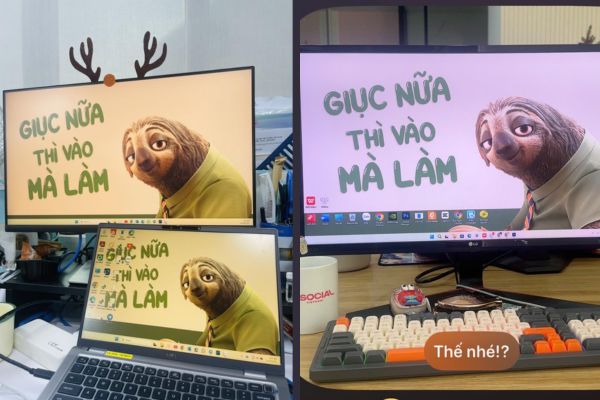
Tải hình nền Giục nữa thì vào mà làm: “Vũ khí” chống deadline hiệu quả
Hình nền Giục nữa thì vào mà làm đang trở thành trào lưu mới được giới văn phòng truyền tay nhau rầm rộ. Không chỉ mang lại tiếng cười sảng khoái, nó còn là lời nhắc nhở nhẹ nhàng nhưng đầy sức nặng đến những ai thích hối thúc vô lý. Cùng khám phá ngay bộ ảnh độc đáo này để thay đổi không khí làm việc ngột ngạt nhé. Giải mã sức hút của trào lưu hình nền con lười Trong môi trường công sở hiện đại, văn hóa “ASAP” (càng sớm càng tốt) đôi khi tạo ra những áp lực vô hình khiến nhân viên cảm thấ...
Đọc thêm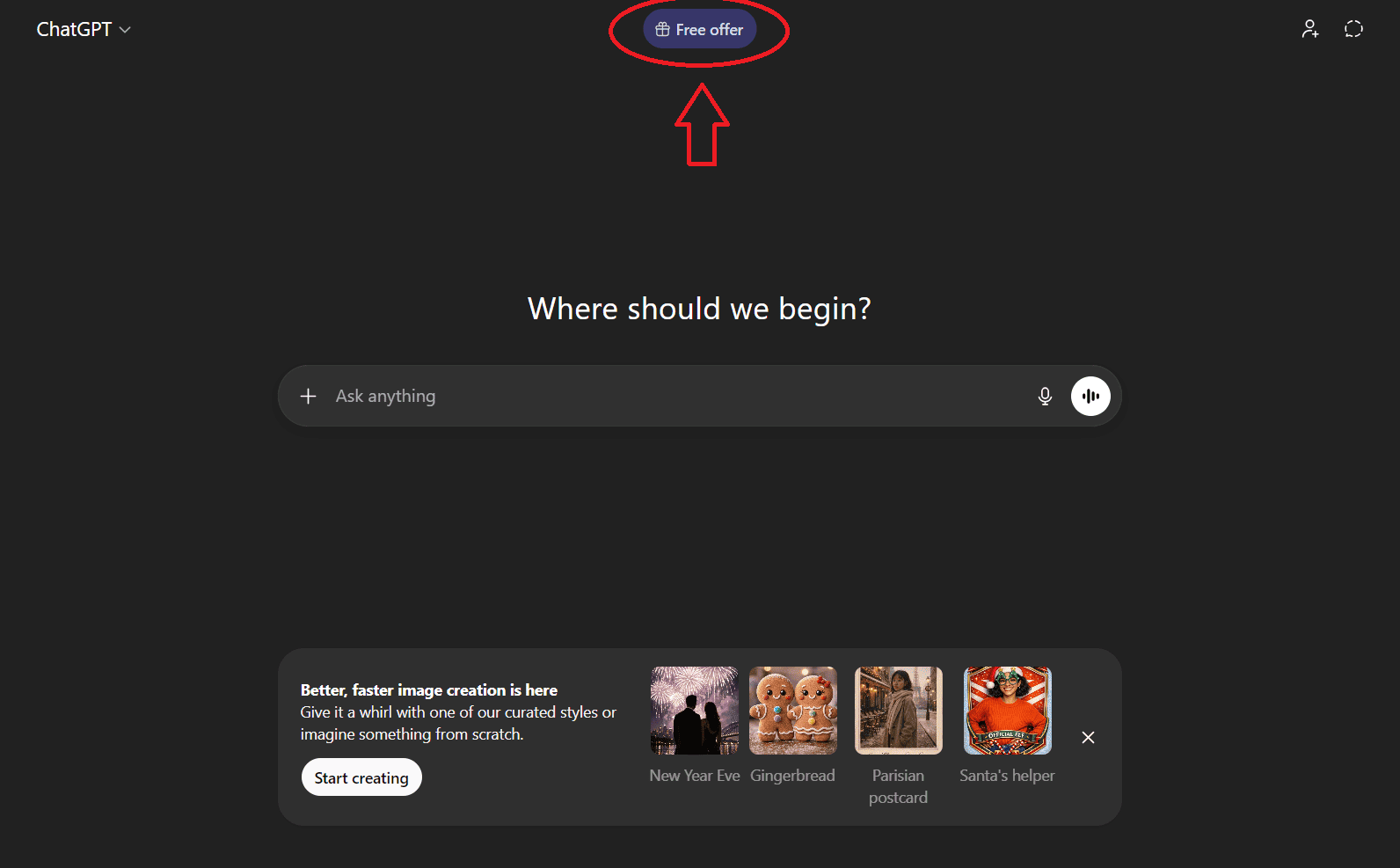
Hướng dẫn nhận ChatGPT Business 1 tháng miễn phí
Ai cũng muốn dùng AI cho công việc nhanh hơn như viết nội dung, tổng hợp tài liệu, lên ý tưởng, soạn email… nhưng nhiều người vẫn ngại vì chưa biết gói nào phù hợp hoặc sợ tốn phí ngay từ đầu. Tin vui là bạn có thể nhận ChatGPT Business dùng thử miễn phí 1 tháng để trải nghiệm đầy đủ trước khi quyết định. Trong bài này mình sẽ hướng dẫn từng bước để bạn có thể bắt đầu dùng ngay trong hôm nay. Dưới đây là quy trình chi tiết mà bạn cần tuân thủ để kích hoạt thành công: Bước 1: Kết nối VPN s...
Đọc thêm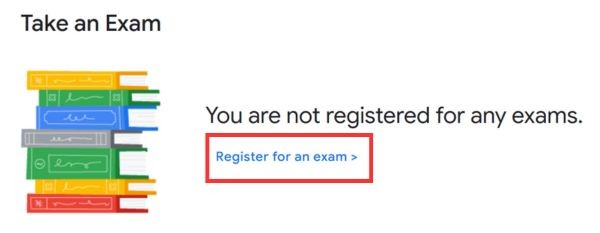
Hướng dẫn cách lấy chứng chỉ Gemini Faculty
Cách lấy chứng chỉ Gemini Faculty đang là chủ đề được cộng đồng giáo viên quan tâm đặc biệt trong thời gian gần đây. Việc sở hữu chứng chỉ này không chỉ khẳng định kỹ năng sử dụng AI mà còn mở ra nhiều cơ hội mới trong môi trường giáo dục hiện đại. Bài viết dưới đây AnonyViet sẽ hướng dẫn lộ trình cụ thể để bạn hoàn thành bài thi một cách dễ dàng. Hướng dẫn cách lấy chứng chỉ Gemini Faculty Để giúp quá trình thi diễn ra suôn sẻ và không gặp trở ngại nào, người thi cần thực hiện tuần tự the...
Đọc thêm